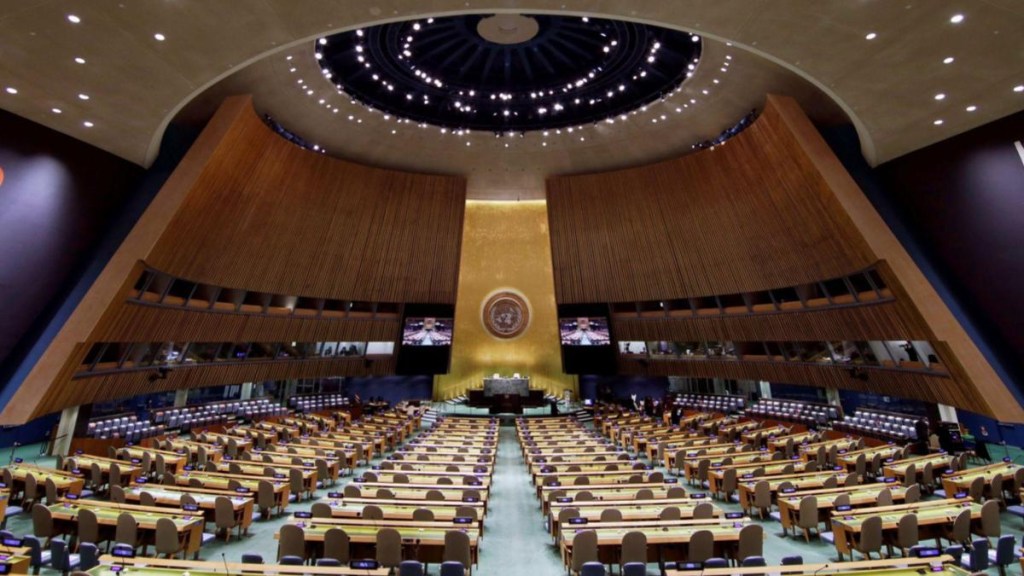By Dheeraj Nair
India recently got its first standalone legislation on mediation as an independent alternative dispute resolution mechanism. However, the Government of India (GoI) promulgated the Mediation Act without incorporating United Nations Convention on International Settlement Agreements Resulting from Mediation, also called the Singapore Convention on Mediation (Singapore Convention) despite criticism of such departure during the consultation stage.
This article discusses the departure and if it was warranted, or whether India missed its host at global recognition and parity in the field of mediation.
In December 2018, the United Nations General Assembly adopted the Singapore Convention. India was one of the first countries to sign the Singapore Convention at the signing ceremony in August 2019.
The Singapore Convention is a framework for international settlement agreements resulting from mediation; however, it specifically excludes (i) court-approved settlement agreements or (ii) those settlement agreements that are enforceable as judgments/decrees (Article 7) of Courts, or as arbitral awards. Whereas the Mediation Act was aimed to address issues of domestic and international mediation, its framework inherently departs from the Singapore Convention.
Fundamentally, the Singapore Convention contemplates enforcement of mediated settlement agreements in the courts of the home country of the counter-party. However, the Mediation Act does not apply to such mediation outside India. This may lead to a situation where parties do not have recourse to the Indian law to enforce settlement agreements arising from mediations outside India.
The key departures of the Mediation Act vis-à-vis the Singapore Convention are that:
– Under the Mediation Act, the recognition of mediation agreements is based on the enforcement of these agreements as the decree of Court, whereas the Singapore Convention specifically excludes such mediation agreements that can be enforced as a decree of Court.
– The Mediation Act provides for narrower grounds for challenging enforcement of a mediated settlement agreement as compared to the grounds provided by the Singapore Convention.
– The Mediation Act contains a detailed procedure for maintaining a digital repository of all mandatorily registered mediated settlement agreements, whereas the Singapore Convention considers confidentiality paramount and does not mandate registration and a digital depository.
The departure from the Singapore Convention was discussed in detail before in the Parliamentary Standing Committee Report. The 117th Report of the Committee records GoI’s explanation for this departure, that the Convention has recently come into force and India would prefer to wait for greater acceptance. The only reason appears to be that 11 (eleven) non-major economies have ratified the Singapore Convention and, therefore, India would prefer to observe the course of implementation by other major economies.
But did India take an overtly conscious approach, or did it miss the opportunity of becoming the frontrunner for global mediation hub?
In the current scenario, cross-border mediations in India are being deprived the benefit of enforceability. Now, not only will the mediations conducted in India (domestic and international) not be covered by the Singapore Convention, but even international settlement agreements concluded outside India would lack direct enforceability in India.
India aims to become the next big spot for international arbitrations. Mediation and arbitrations go hand in hand. Many arbitrations do not go through the entire life cycle of trial and award. Rather, the parties settle disputes midway through mediation. India, after being one of the first countries to sign the Singapore Convention, lost the sentiment at the stage of ratification. By holding back on ratification, the messaging to the international commercial world gets confusing and the much-needed boost to make India an international arbitration centre also gets weakened.
Domestically, there’s significant potential for global recognition of mediation to serve as a transformative factor. In the Indian context, both the Centre and the states are the most prominent litigators. A substantial regulatory overhaul focused on mediation could offer the government an effective strategy to proactively address and mitigate the multitude of disputes it regularly encounters.
Considering India is the fifth-largest economy globally, it seems inevitable that it will become a focal point for international disputes. This potential shift could redirect such disputes towards India, sidelining traditional hubs like London and Singapore. Nevertheless, the non-ratification of the Singapore Convention might represent a missed opportunity. By not endorsing this convention, India could forego its chance to position itself as a pioneering force in advocating for the enforcement of international settlements on a global stage.
The author is Partner, JSA, Advocates & Solicitors, and a certified mediator. Co-authored by Vishrutyi Sahni, senior associate, and Ridhima Sharma, associate at JSA, Advocates & Solicitors. Views expressed are personal.

